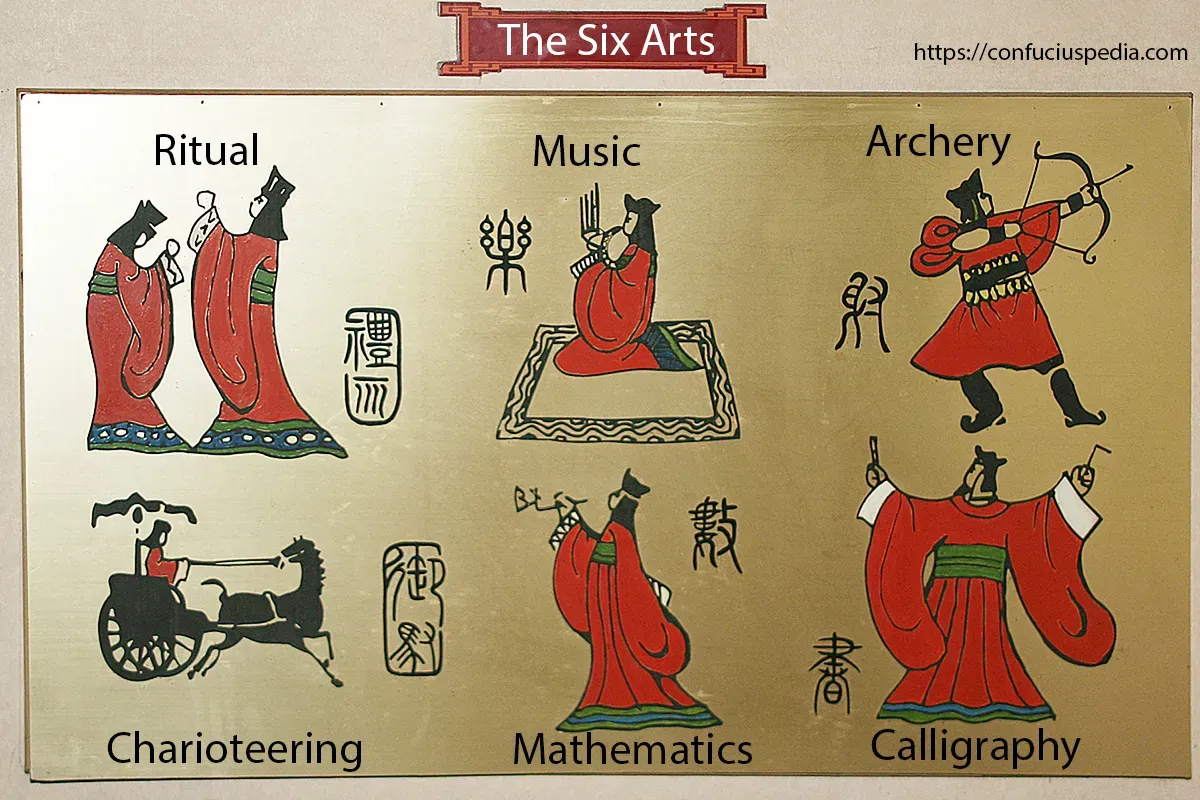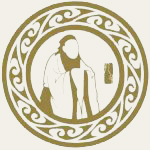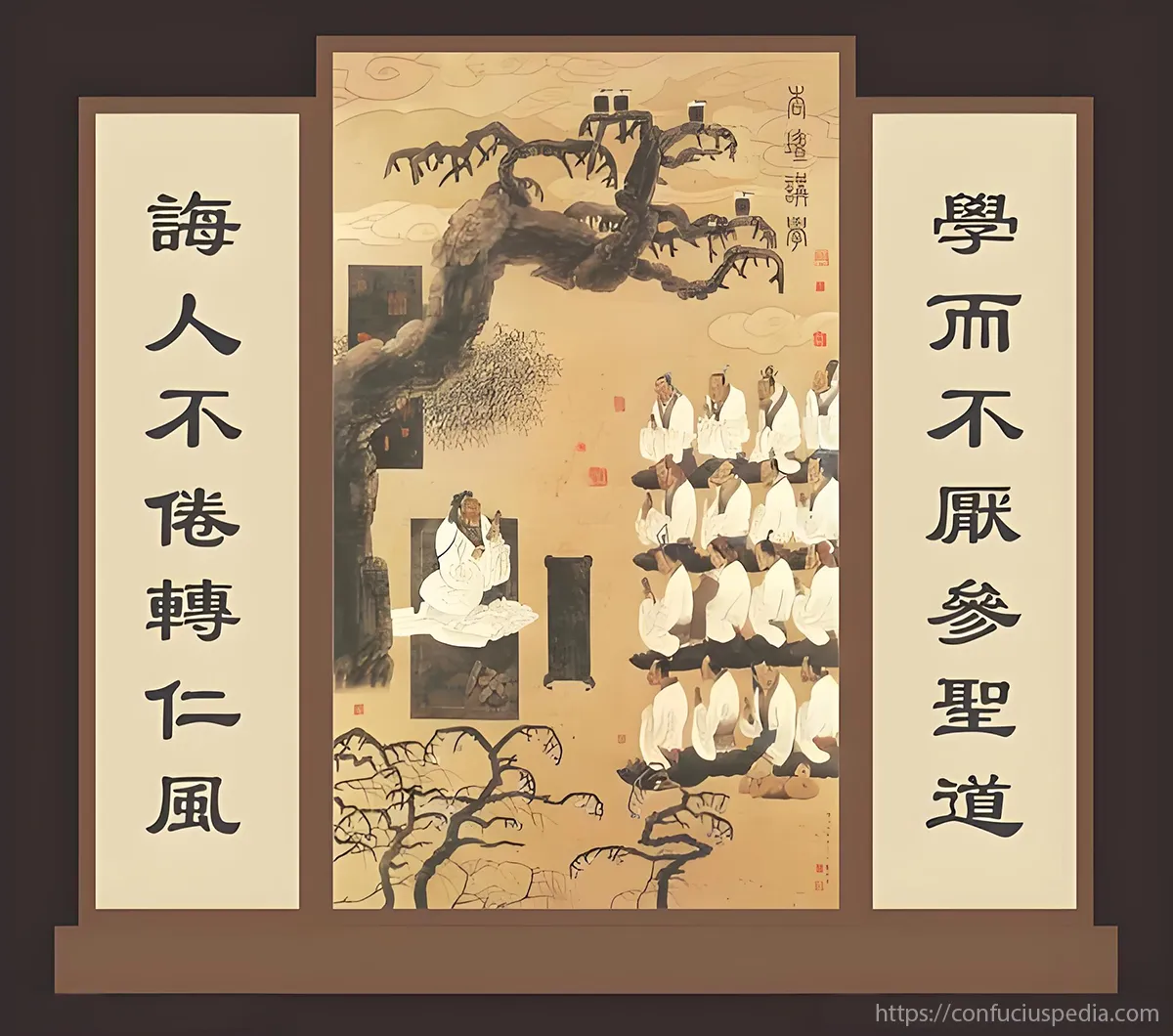Question:
I greatly admire Confucius. As I learned more about him, I discovered that he had instructed over three thousand students, which naturally piqued my curiosity about his teaching content.
—— Asked by Amelia
Answer:
Confucius is revered as an eminent educator in Chinese history, credited with establishing the Confucian school of thought and profoundly shaping the ethos of subsequent educators and students. His unique educational philosophy and rich teaching content left an indelible mark on the following generations. Advocating the principle of “education for all without discrimination,” he challenged the exclusive access to education held by the aristocracy, extending the right to education to the peasant class.
As a teacher, he championed personalized instruction, tailoring teaching methods to suit individual aptitudes and empowering students to realize their full potential.
In terms of teaching content, Confucius emphasized the cultivation of moral character, the accumulation of cultural knowledge, and the development of practical skills and techniques.
The main things he teaches can be summarized as follows:
(1) Moral Education
Firstly, Confucius emphasized moral education, considering it the core and soul of education.
He firmly believed that one’s moral character formed the foundation of one’s conduct and was crucial to success. Therefore, moral education is extremely significant in his teaching.
Confucius stressed, “A youth, when at home, should be filial, and, abroad, respectful to his elders. He should be earnest and truthful. He should overflow in love to all, and cultivate the friendship of the good. When he has time and opportunity, after the performance of these things, he should employ them in polite studies.” This quote shows his moral requirement for students and explicit teaching goals.
(2) Cultural Knowledge
Secondly, Confucius imparted rich and various categories of cultural knowledge to students.
The fundamental textbooks he used included The Book of Songs, The Book of Documents, The Book of Etiquette and Ceremonial, The Book of Music, The Book of Changes, and The Spring and Autumn Annals. These classics covered a wide range of subjects such as literature, history, and philosophy and served as cultural treasures of ancient China.
By studying and researching these texts, students could deeply understand ancient society’s cultural landscape and ideological concepts, thereby broadening their horizons and enhancing their cultural literacy.
(3) Skills and Techniques
In addition to moral education and cultural knowledge, Confucius also tried to develop students’ skills and techniques.

He taught students the “Six Arts” (Liu Yi; 六艺) of ritual (礼), music (乐), archery (射), charioteering (御), calligraphy (书), and mathematics (数). Acquiring these skills and techniques enhances students’ overall qualities and cultivates their temperament, helping them nurture an elegant demeanor. According to Confucius, a true talent should possess internal moral qualities, cultural literacy, external skills, and a graceful demeanor.
In summary, Confucius’s teaching encompasses the core of his educational philosophy, namely, emphasizing the holistic development of individuals. He attached great importance to moral education, cultural knowledge acquisition, and the cultivation of practical skills and techniques. His pedagogical approach and instructional content profoundly influenced ancient Chinese education, providing valuable experience and inspiration for education development in later generations.


Leave a Reply